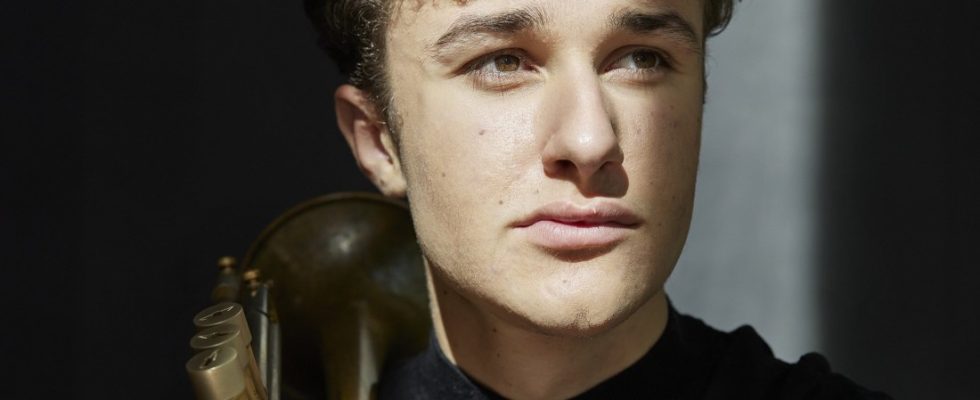It’s also about habits. Because the perception of jazz is a playground of half-solid myths. One listens, discovers references, and the grid of columns of insights and narratives usually associated with the identified personal styles unfolds. Example Jakob Bänsch. His debut album “Opening” with a jazz quartet expanded by two strings and a singer has a pinch of blue note sixties and something neo-traditional nineties in the sound. The sound of the trumpeter and band leader borrows from Donald Byrd, the phrasing sometimes approaches the eloquence of Freddie Hubbard in a pleasantly relaxed manner.
The band, on the other hand, effortlessly manages to alternate between chamber jazz restraint and powerfully modern, post-bopping group energy. With that one could close the portfolio of interpretations and sort the album into the category “successful jazz pedagogy including an individual will to style with a tendency towards post-traditional individuation”. Point and phonogram dealt with.
But that’s not it. “Opening” also works in a surprising way outside of the schemes. Because the 20-year-old trumpeter from a professional musical family in Pforzheim, who is currently studying in Cologne and is already successfully competing in the competition carousel after the first awards at Jugend or the soloist prize at the Young Munich Jazz Prize 2022, does not seem as if he wants to get involved measure history. If you see him on stage, he radiates equal parts shyness and self-confidence and falls into the music with tremendous seriousness without appearing cramped.
Bänsch is this jazz he plays. He has internalized the sound of the past, the language of forms of the others are tools, not yardsticks, and that gives him that special lightness that not many debuts by young musicians have. At the same time, he also pulls his band and guests with him, who in turn, like pianist Niklas Roever or drummer Leo Asal, also confidently engage in the transformation of the past. They play their own compositions, which, despite the usual academic clichés of what is required, do not lose themselves in the intellectual.
“Opening” therefore sounds accessible, but not like a concession. And so to the second loop of interpretation. Jakob Bänsch has made an amazing debut, musically in the middle of the tradition of artistically modern jazz and at the same time independent of its usual buzzing myths. Maybe he just wants to tell. Or maybe he’s just really good and gifted as hell.
Jakob Bänsch: Opening (Jazzline/Broken Silence), concert: Jakob Bänsch Quartet, June 28, 9 p.m., Night Club of the Bayerischer Hof, www.bayerischerhof.de

